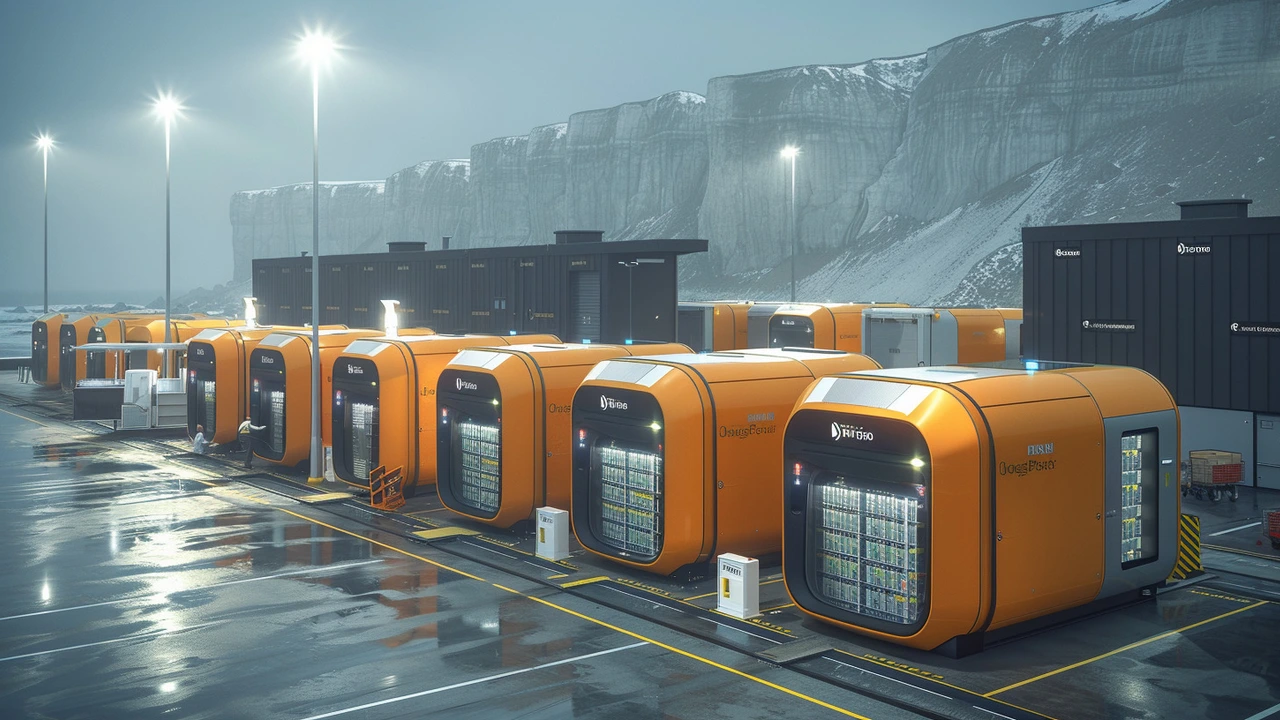Logistics and Coding: Building Smarter Tech for Moving the World
Ever wonder why logistics — the art and science of managing how goods move around — is buzzing with tech talk lately? It's because programming and coding are reshaping how companies handle everything from deliveries to supply chains. If you’re curious about this mix of logistics and tech or thinking about sharpening your coding skills for this field, you’re in the right place.
In logistics, timing and accuracy are everything. Imagine trying to deliver a package but your tracking software bugs out, or your route planner uses outdated info. That’s where coding skills come in handy. Developers create robust software that tracks shipments, plans routes, and predicts demand — all in real time. These programs use data and smart algorithms to make decisions faster than a human can.
Coding Skills Boost Efficiency in Logistics
Why is coding so crucial here? Because it lets you build the tools logistics pros need to avoid costly mistakes and delays. For example, debugging isn’t just fixing errors; it’s about troubleshooting complex systems that coordinate trucks, warehouses, and inventory. Good programmers know how to spot glitches before they cause chaos, keeping operations smooth.
Machine learning and AI are now big players too. Coding for AI means developers write programs that learn patterns in delivery data, helping predict traffic or spot inefficiencies. Python, a favored coding language, powers many of these AI tools due to its ease of use and vast libraries. If you’re interested in coding, learning Python could open doors in logistics tech.
Getting Started with Logistics Coding
Ready to jump in? Start simple: learn basic programming skills like writing clean, understandable code and debugging errors efficiently. Working with languages like Python or JavaScript offers a strong foundation. Next, explore projects related to data handling or automation, since these areas apply a lot in logistics. You might create a program that automates inventory updates or analyzes delivery routes.
And don’t forget: the world of logistics is changing fast. The companies leading the pack use cutting-edge tech powered by developers who understand both coding and how logistics works in practice. Whether you're a beginner or already coding, focusing your skills towards logistics tech can put you at the forefront of a field where every second counts and mistakes are costly.
Curious to learn more? Checking out tutorials on programming and debugging, or diving into AI coding can give you the edge. Remember, logistics isn’t just about trucks and warehouses anymore — it’s about smart coding making everything run smarter and smoother.

- Apr 11, 2024
- Maxwell Sterling
- 0 Comments
Harnessing AI for the Future of Logistics and Shipping Industry
The shipping industry stands on the brink of a revolution, courtesy of artificial intelligence (AI). This article delves into how AI is transforming logistics from mere transportation to a highly efficient, error-free process. Discover the pivotal role AI plays in route optimization, predictive maintenance, and customer service enhancements. Understand the tangible benefits of integrating AI into shipping operations, including reduced costs, increased efficiency, and superior decision-making capabilities. Get ready to explore an in-depth analysis of AI's monumental impact on the future of shipping.
